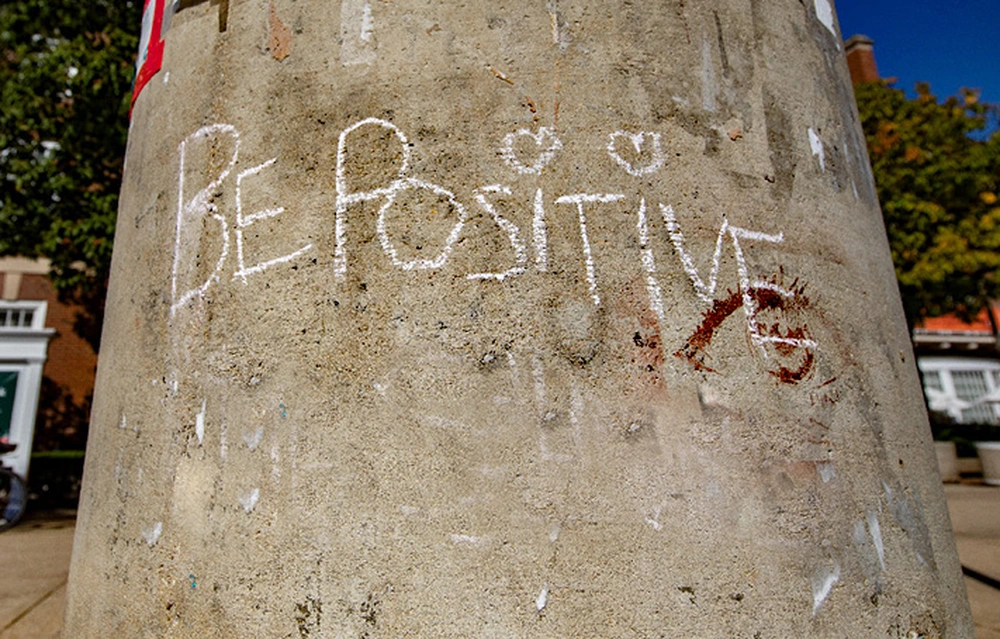
By Megan Finnegan
Religious convictions can often confer a sense of solace for those facing difficult times. It provides a way of thinking about a negative event that casts it in a more positive light. For example, when a loved one dies, people may reframe the tragedy in terms of their loved one's soul being at peace, or of moving towards greater unity with the divine. This type of positive reappraisal of events sounds similar to a technique in psychology known as cognitive reappraisal. This is an approach where initially negative life events are re-assessed to focus on the beneficial, benign, or benevolent aspects of the situation. When using cognitive reappraisal, a person coping with the death of a loved one may think about how their loved one is no longer in pain or how they had lived a full life. Both religious coping and cognitive reappraisal are well known to foster resilience in the face of adversity and act as a protective factor against anxiety and depression. In new research published in the Journal of Religion and Health, UIUC Psychology researchers sought to explore the degree of overlap between these two ways of coping.
The researchers hypothesized that cognitive reappraisal may in fact be a key mechanism behind the effectiveness of positive religious coping. If this were true, then they reasoned that the use of religious coping would be associated with frequent use of cognitive reappraisal and that this relationship could explain levels of well-being in those who use religion to cope with negative events. The researchers surveyed over 200 young adult volunteers for their tendency to engage in religious coping. They also asked participants about their tendency to use cognitive reappraisal to regulate their emotions as well as their overall sense of effectiveness in coping with challenges. Levels of emotional distress in participants were evaluated with questionnaires quantifying levels of depression and anxiety symptoms, with lower symptom scores taken to indicate greater well-being.
Those who reported they engaged in more frequent use of religious coping tended to have lower levels of depression and anxiety. In addition, those that described themselves as more religious also reported being more effective in coping with negative situations. More importantly, the researchers found that the tendency of individuals to use cognitive reappraisal predicted the strength of the relationship between religious coping and greater well-being. This relationship lend support for the idea that religious coping is an act of emotion regulation like cognitive reappraisal. The finding may also offer an important direction for clinicians working with clients who are religious by pinpointing some key factors that may contribute to the effectiveness of religion in promoting resilience even under the most trying times. You can read more about this research at the Illinois News Bureau.
This research was reported in:
Dolcos, F., Hohl, K., Hu, Y., & Dolcos, S. (2021). Religiosity and Resilience: Cognitive Reappraisal and Coping Self-Efficacy Mediate the Link between Religious Coping and Well-Being. Journal of Religion and Health, 1-14. https://doi.org/10.1007/s10943-020-01160-y


